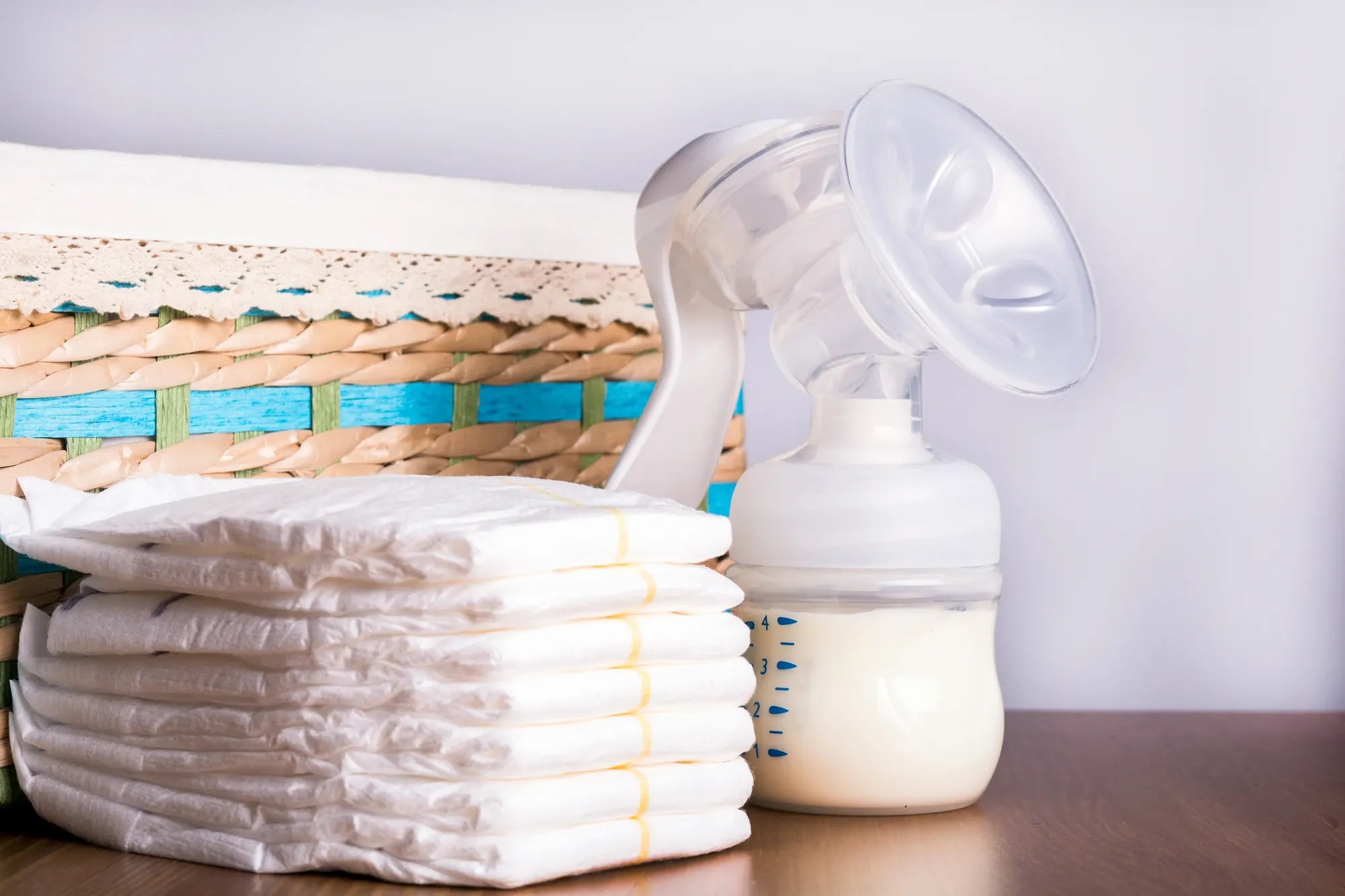Inicio
Pregnancy, Breastfeeding, and Pumping: The Ultimate Guide for Moms
Is It Bad to Only Pump Breast Milk? Exploring the Pros and Cons

Is It Bad to Only Pump Breast Milk? Exploring the Pros and Cons
For many new mothers, breastfeeding is a deeply personal and sometimes challenging journey. While some choose to nurse directly, others opt to exclusively pump breast milk. But is it bad to only pump breast milk? This article delves into the advantages, disadvantages, and considerations of this feeding method to help you make an informed decision.
Understanding Exclusive Pumping
Exclusive pumping refers to the practice of expressing breast milk using a pump and feeding it to the baby via a bottle, rather than nursing directly. This method has gained popularity for various reasons, including convenience, medical necessity, or personal preference. However, it’s essential to weigh the pros and cons before committing to this approach.
Benefits of Exclusive Pumping
One of the primary advantages of exclusive pumping is the flexibility it offers. Mothers can express milk at their convenience, allowing others to participate in feeding the baby. This can be particularly helpful for working mothers or those who need to share feeding responsibilities. Additionally, pumping can help maintain milk supply, especially for mothers who struggle with latching issues or have babies with special needs.
Another benefit is the ability to monitor the exact amount of milk the baby consumes. This can provide peace of mind for mothers who are concerned about their baby’s intake. Furthermore, pumping can be a viable option for mothers who experience discomfort or pain during direct nursing.
Challenges of Exclusive Pumping
While exclusive pumping has its perks, it also comes with challenges. One of the most significant drawbacks is the time and effort required. Pumping can be time-consuming, as it involves setting up the pump, expressing milk, and cleaning equipment multiple times a day. This can be exhausting, especially for sleep-deprived new mothers.
Another challenge is maintaining milk supply. Unlike direct nursing, which stimulates milk production naturally, pumping requires consistent effort to ensure an adequate supply. Some mothers may also experience a decrease in milk production over time, which can be stressful.
Additionally, exclusive pumping may limit the bonding experience between mother and baby. Direct nursing fosters skin-to-skin contact and emotional connection, which some mothers may miss when relying solely on pumping.
Impact on Baby’s Health
From a nutritional standpoint, pumped breast milk is just as beneficial as directly nursed milk. It provides the same essential nutrients, antibodies, and immune-boosting properties. However, there are some considerations to keep in mind. For instance, the temperature and storage of pumped milk must be carefully managed to preserve its quality and safety.
Another factor is the baby’s ability to adapt to bottle feeding. Some babies may develop a preference for the bottle, which can make transitioning back to direct nursing difficult. It’s also important to ensure that the baby is properly latched onto the bottle to prevent issues like gas or overfeeding.
Emotional and Mental Health Considerations
The emotional and mental health of the mother is a crucial aspect to consider. Exclusive pumping can be isolating for some women, as it removes the intimate bonding experience of direct nursing. This can lead to feelings of guilt or inadequacy, especially if the mother feels pressured to conform to societal expectations.
On the other hand, some mothers find exclusive pumping empowering, as it allows them to take control of their feeding routine. It’s essential to prioritize self-care and seek support from loved ones or lactation consultants to navigate the emotional challenges that may arise.
Tips for Successful Exclusive Pumping
If you decide to exclusively pump, there are several strategies to make the process smoother. First, invest in a high-quality pump that suits your needs and lifestyle. Establishing a consistent pumping schedule can help maintain milk supply and prevent engorgement. It’s also important to stay hydrated, eat a balanced diet, and get adequate rest to support milk production.
Proper storage and handling of pumped milk are critical to ensure its safety. Label and date each container, and follow guidelines for refrigeration or freezing. Finally, don’t hesitate to seek support from lactation consultants or online communities to share experiences and gain valuable insights.
Ultimately, the decision to exclusively pump breast milk is a personal one that depends on your unique circumstances and preferences. By understanding the benefits, challenges, and considerations, you can make an informed choice that works best for you and your baby.
Exclusive pumping is neither inherently good nor bad—it’s simply another option in the diverse landscape of infant feeding. Whether you choose to pump, nurse, or combine both methods, what matters most is the love and care you provide for your little one. Embrace your journey with confidence, knowing that you’re doing what’s best for your family.
Compartir
